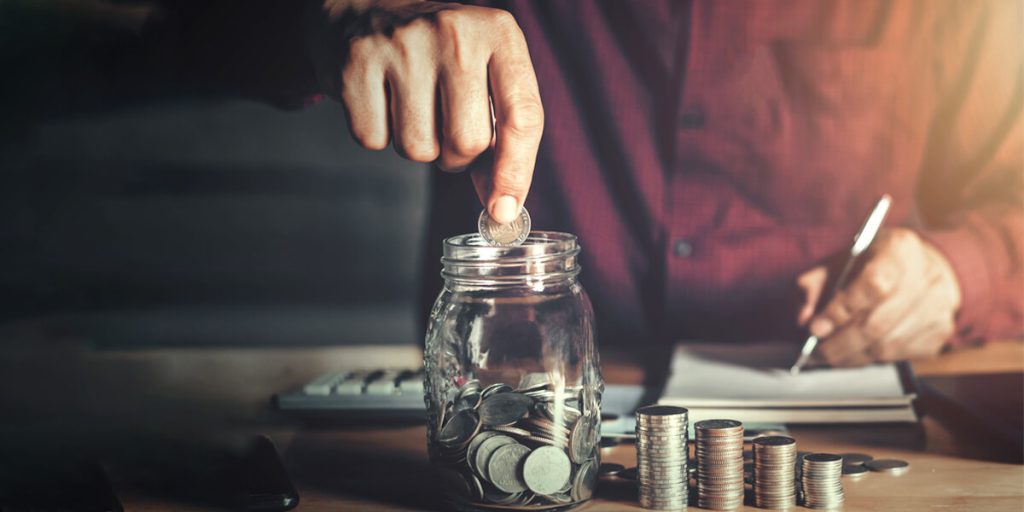Smart Savings Tips for Parents

Do you want to start saving for children or grandchildren? We have collected our best tips on what you should consider.
By saving for your own or a relative’s child, you can give them a good start in life. Perhaps you have an idea about what you want the money to be used for or do you want the child to decide for himself when he is an adult? Regardless, there are a few things that might be good to keep in mind before you start saving.
The first thing you need to think about is whether you want to save in your own name or the child’s name. If you choose to save in your own name, you open an account yourself and decide when you want to give the money to the child. If you instead choose to save in the child’s name, you manage the money until the child is of legal age and automatically has access to the money.
You also need to decide which type of savings form suits you best and how much risk you are willing to take. You can choose to save in a savings account, in mutual funds, shares, other securities or a combination of these. With collector’s savings account, you save securely with low interest. Our savings account is also covered by the government’s deposit guarantee, which means that you are entitled to compensation corresponding to the amount you have deposited plus interest.
If you choose to save in capital insurance, you save in funds and securities, which are placed via an insurance company. You own the insurance and the child is the beneficiary, which means that no one but the child can get the money if something were to happen to you. You do not have to declare profits and losses, but pay a flat tax based on the value of the account.
With an investment savings account you save in funds and securities. If you save in your own name, you can ensure through a will that the child receives the money in case something happens to you. If you instead choose to open an account in the child’s name, the child automatically gets access to the money on their 18th birthday. Like endowment insurance, you pay a flat tax based on the value of the account.
Saving for children often extends over a long period of time, but keep in mind that trading in securities is associated with risks. An investment can both increase and decrease in value and it is not certain that you will get back the invested capital. Historical returns are also no guarantee of future returns.
It is good to start saving when the children are small, so that the money has a chance to grow for a long time. Your financial situation is of course important for if and when you can save, but remember that even small sums add up in the long run. Do you have several children? Keep in mind that it can be good to equalize the amounts between the children, as the distribution can change depending on when the children are born.



